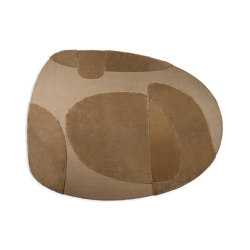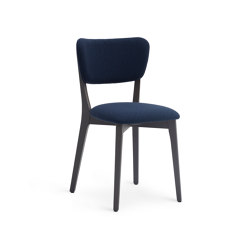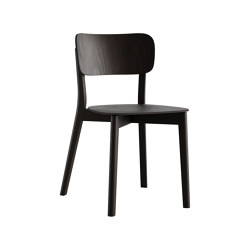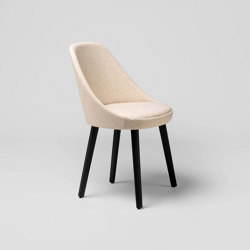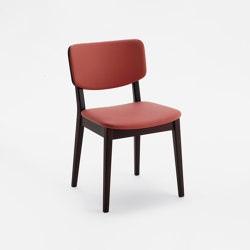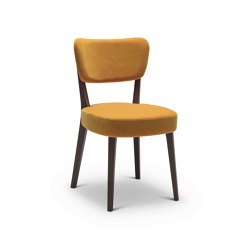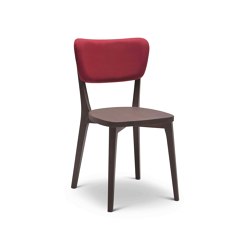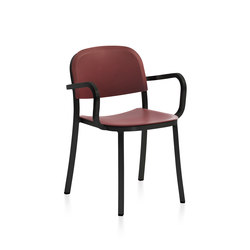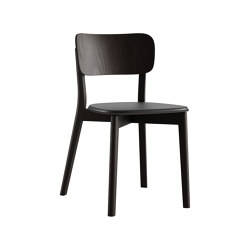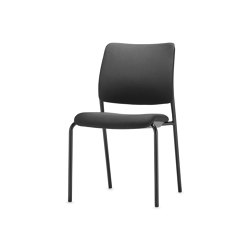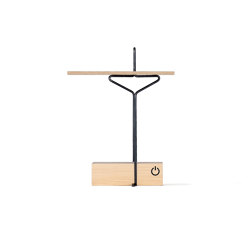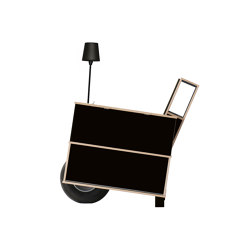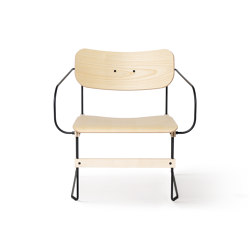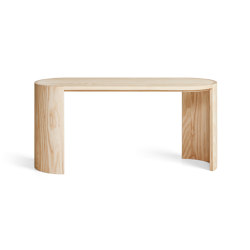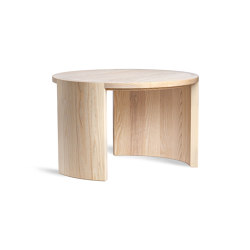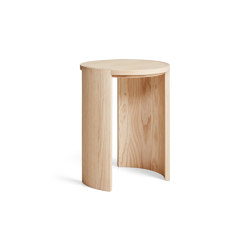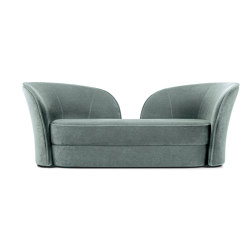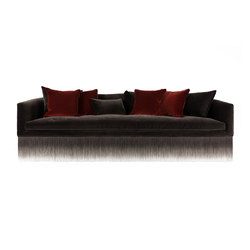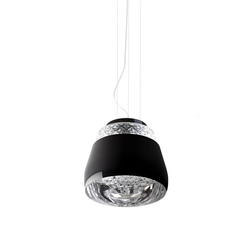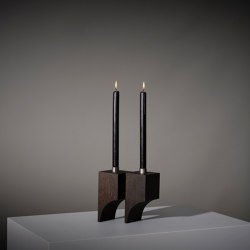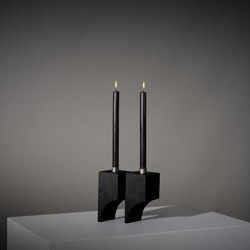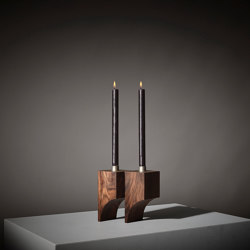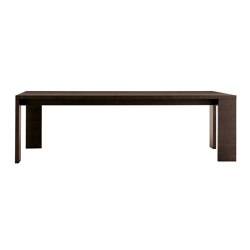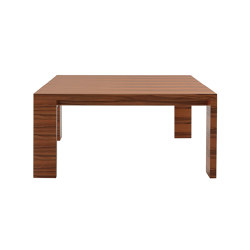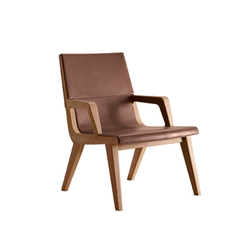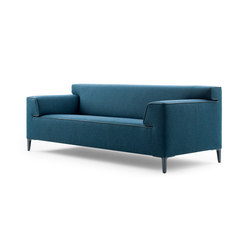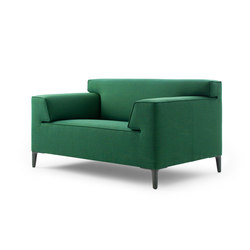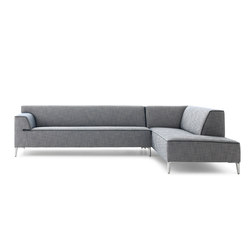Bill | Cross-Frame Chair
Chairs from wb form ag, Designed by Max Bill
- Family gallery
- Family gallery
- Family gallery
- Family gallery
- Family gallery
- Family gallery
- Family gallery
- Family gallery
- Family gallery
- Family gallery
- Family gallery
- Family gallery
- Family gallery
Product description
The design for the Kreuzzargenstuhl (cross-frame chair) dates back to the year 1952. It has been in production ever since – from 1999 on as a new edition. The model displays Bill’s skills as a product designer and received several awards, including the “die gute form” award by the Swiss Werkbund in the fifties.
The leg structure with its crossed frame connection is Bill’s own invention. This supports the seat surface in the middle and gives the chair the greatest possible static stability. From a design point of view, the contrast between the thin seat surface and the strong framework emphasises its technical construction and gives the impression of strength and a tactile feel. And, last but not least, it’s extremely comfortable.
Material
Seat: molded plywood natural beech
Back Legs: natural beech
Dimensions
Seat level: 46 cm
Height: 78 cm
Width: 48 cm
Depth: 52 cm
Country of origin of the wood: Germany
Type of wood: Beech
The leg structure with its crossed frame connection is Bill’s own invention. This supports the seat surface in the middle and gives the chair the greatest possible static stability. From a design point of view, the contrast between the thin seat surface and the strong framework emphasises its technical construction and gives the impression of strength and a tactile feel. And, last but not least, it’s extremely comfortable.
Material
Seat: molded plywood natural beech
Back Legs: natural beech
Dimensions
Seat level: 46 cm
Height: 78 cm
Width: 48 cm
Depth: 52 cm
Country of origin of the wood: Germany
Type of wood: Beech
Concept
The Max Bill Collection is characterised by clarity, simplicity and mathematical precision.
Max Bill’s wooden furniture is the physical expression of his belief that functionality, as well as the economy of materials and design, should be combined with meeting form-related and aesthetic demands. Bill’s designs and products are based on qualities such as functionality, longevity and an economic use of materials.
For Max Bill, industrial design was of particular importance in the economic upturn during the post-war years and because of the widespread destruction left by the war: he saw industrial design as an opportunity to improve the environment with versatile products. Following the US example, the aesthetics of things were becoming important during this period. For the first time, exemplary products – most of which were ‘anonymous’ factory designs – were given a prominent place in the magazines. Authorities like Max Bill and Siegfried Giedion had a clear attitude: they despised any design that would only serve commercial interests and that, in so doing, would follow fashionable trends, thus fostering a throwaway mentality.
Max Bill’s wooden furniture is the physical expression of his belief that functionality, as well as the economy of materials and design, should be combined with meeting form-related and aesthetic demands. Bill’s designs and products are based on qualities such as functionality, longevity and an economic use of materials.
For Max Bill, industrial design was of particular importance in the economic upturn during the post-war years and because of the widespread destruction left by the war: he saw industrial design as an opportunity to improve the environment with versatile products. Following the US example, the aesthetics of things were becoming important during this period. For the first time, exemplary products – most of which were ‘anonymous’ factory designs – were given a prominent place in the magazines. Authorities like Max Bill and Siegfried Giedion had a clear attitude: they despised any design that would only serve commercial interests and that, in so doing, would follow fashionable trends, thus fostering a throwaway mentality.
More about this product
Categorised in Seating - Chairs - without armrests - 4-leg base - open base - Seat unpadded - Wood - Base solid wood - Seat engineered wood - Residential - Contract - Hospitality.
Manufacturer
wb form ag
Family
Bill
Architonic ID
1151589
Year of Launch
1951
Similar products
This product has been archived. Product information may no longer be up to date.
Similar products
Where to buy this product
Where to buy this product
